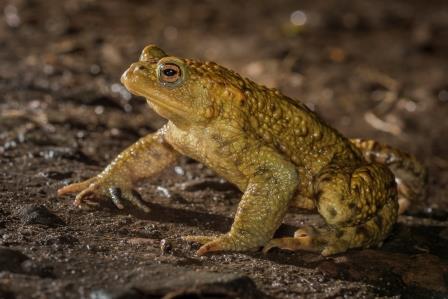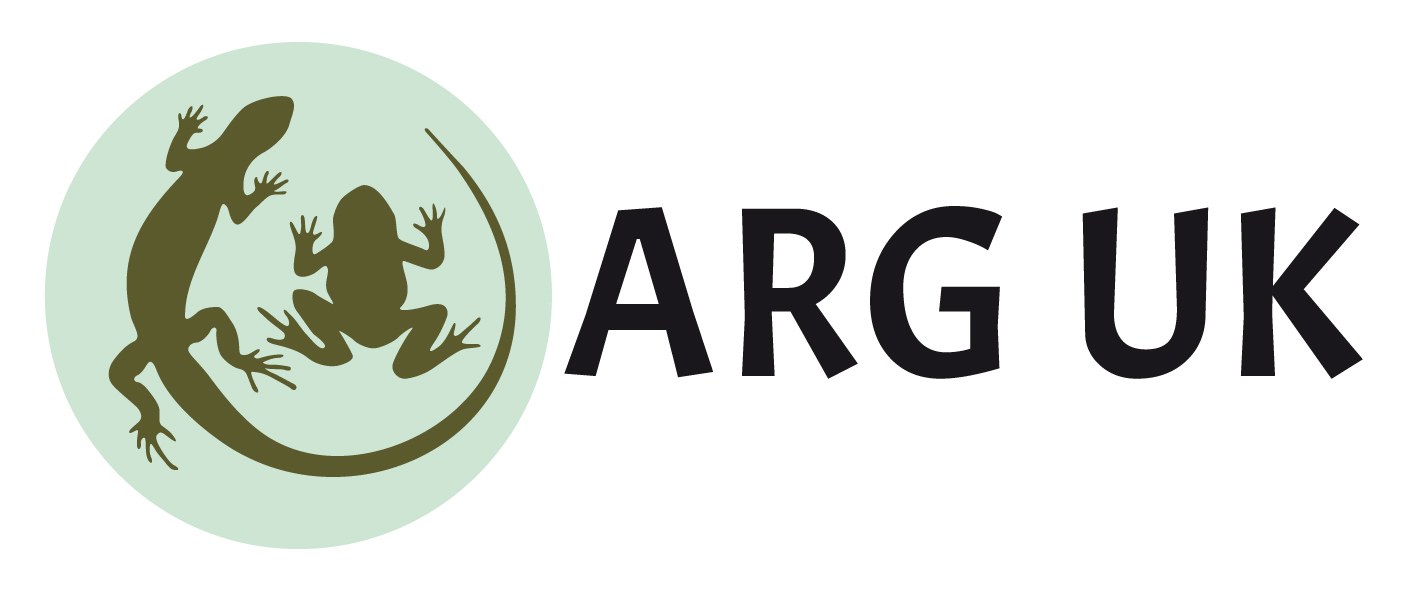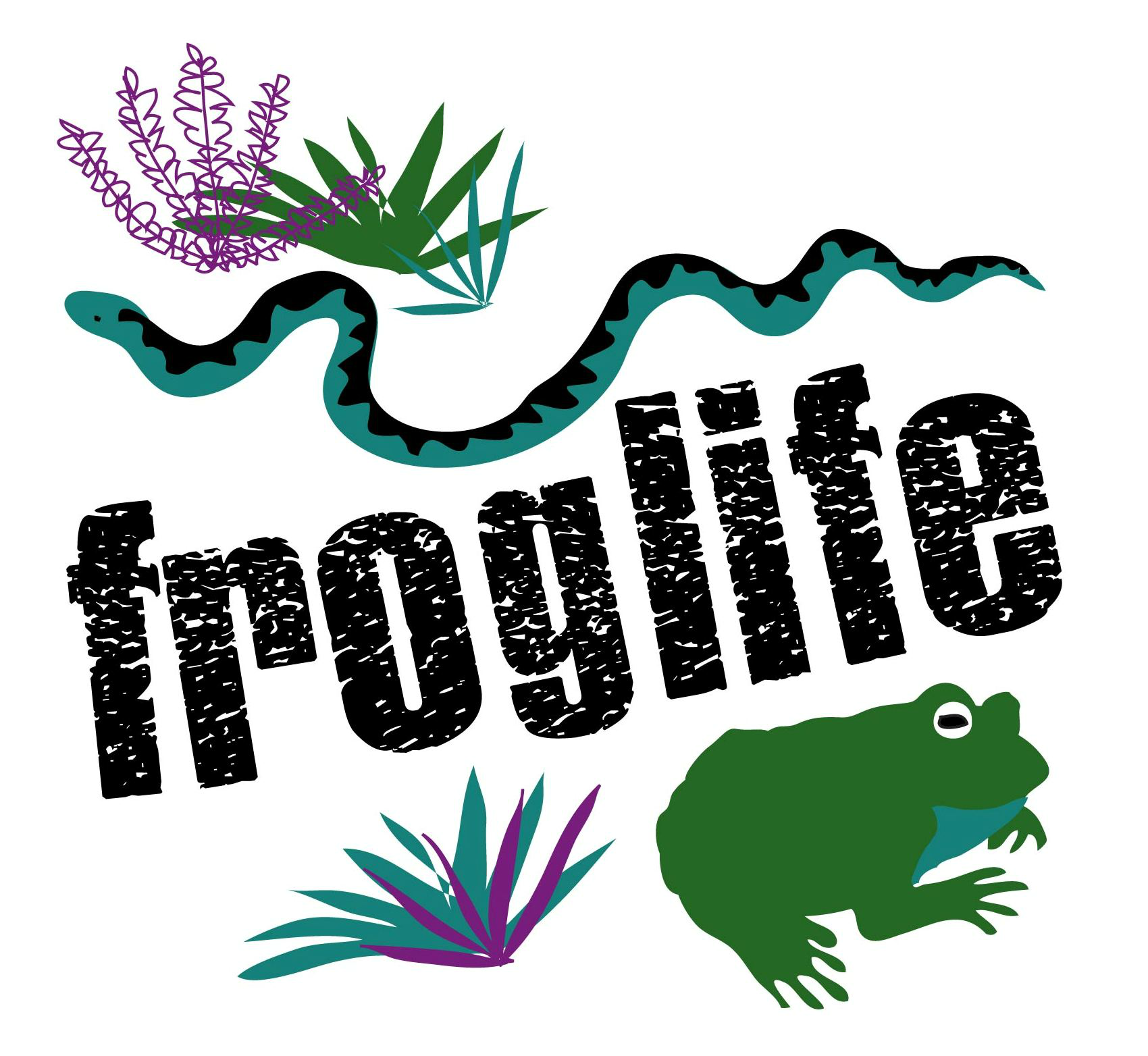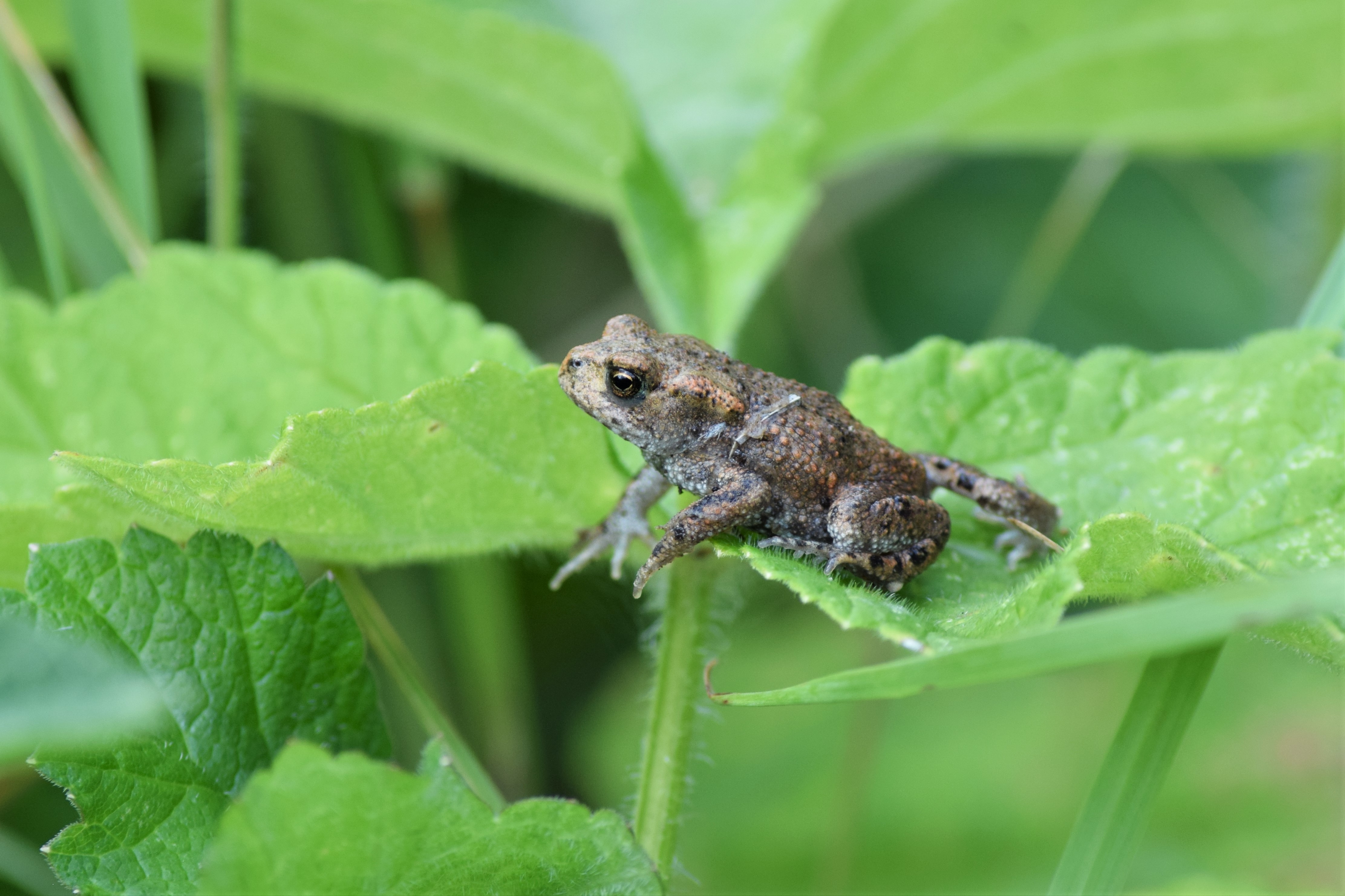A collborative project funded by the Natural England Species Recovery Programme, the project aims to find out more about migrating common toads in the UK, in partnership with ARG UK, The UK Centre for Ecology and Hydrology, University of Chester and Froglife.
The project has two themes:
- To improve our understanding of dispersal of metamorph common toads
- To develop best practise guidelines for ‘toads on roads’ citizen scientists
1. Improving our understanding of dispersal of metamorph common toads.
We want to learn more about how newly metamorphosed common toadlets behave after they move away from their breeding ponds. Sometimes you might see a mass migration with hundreds or even thousands of tiny toadlets moving along as a big group, and sometimes you might only spot a few.
This is a really important life stage for both frogs and toads as the tiny metamorphs, some are just about 5 mm long, are extremely vulnerable to predation e.g. from birds, or even large insects; or being inadvertently crushed by walkers, cyclists or road traffic.
To help us learn more about these animals, and how we can conserve them, we would like your help.
If you spot toadlets on the move, then let us know using the special new Record Pool portal ‘Travelling Toadlets’. We are asking for information about which amphibians you saw, their life stage, how many were in the group, and some additional information about the time and date you spotted them, what the weather was like, what habitat they were seen in, plus anything else you noticed.
https://www.recordpool.org.uk/travellingtoadlets
 2. Developing best practice guidelines for ‘toads on roads’ citizen scientists
2. Developing best practice guidelines for ‘toads on roads’ citizen scientists
Large numbers of common toads suffer road traffic mortality, whilst migrating to their spring-time breeding ponds. The ‘Toads on Roads’ programme mitigates these losses by intercepting migrating amphibians and transferring them to safe locations. In 2023, Froglife recorded 203 registered toad crossings; with volunteers moving over 115,000 common toads, and just a 9.46% mortality rate. Although this represents a high level of success, little is known about the impact of handling on the wellbeing of the animals. Recent concerns about the potential for diseases like Batrachochytrium salamandrivorans to spread into wild amphibian populations have also highlighted the importance of biosecurity.
Questionnaires will be distributed to toad patrols to explore current practices relating to volunteer effort, animal handling and biosecurity. Desk-based studies will be supplemented by in situ behavioural studies at 3-4 toad crossing sites, to monitor the welfare of amphibians at each stage of the process. Toad welfare will be measured by behavioural and physiological stress indicators.
The research will support new standardised national guidelines promoted through Froglife’s ‘Toads on Roads’ programme packs, and ARG UK advisory notes.
(images copyright Nicola Devine and Julian Smart)


![]()
![]()


